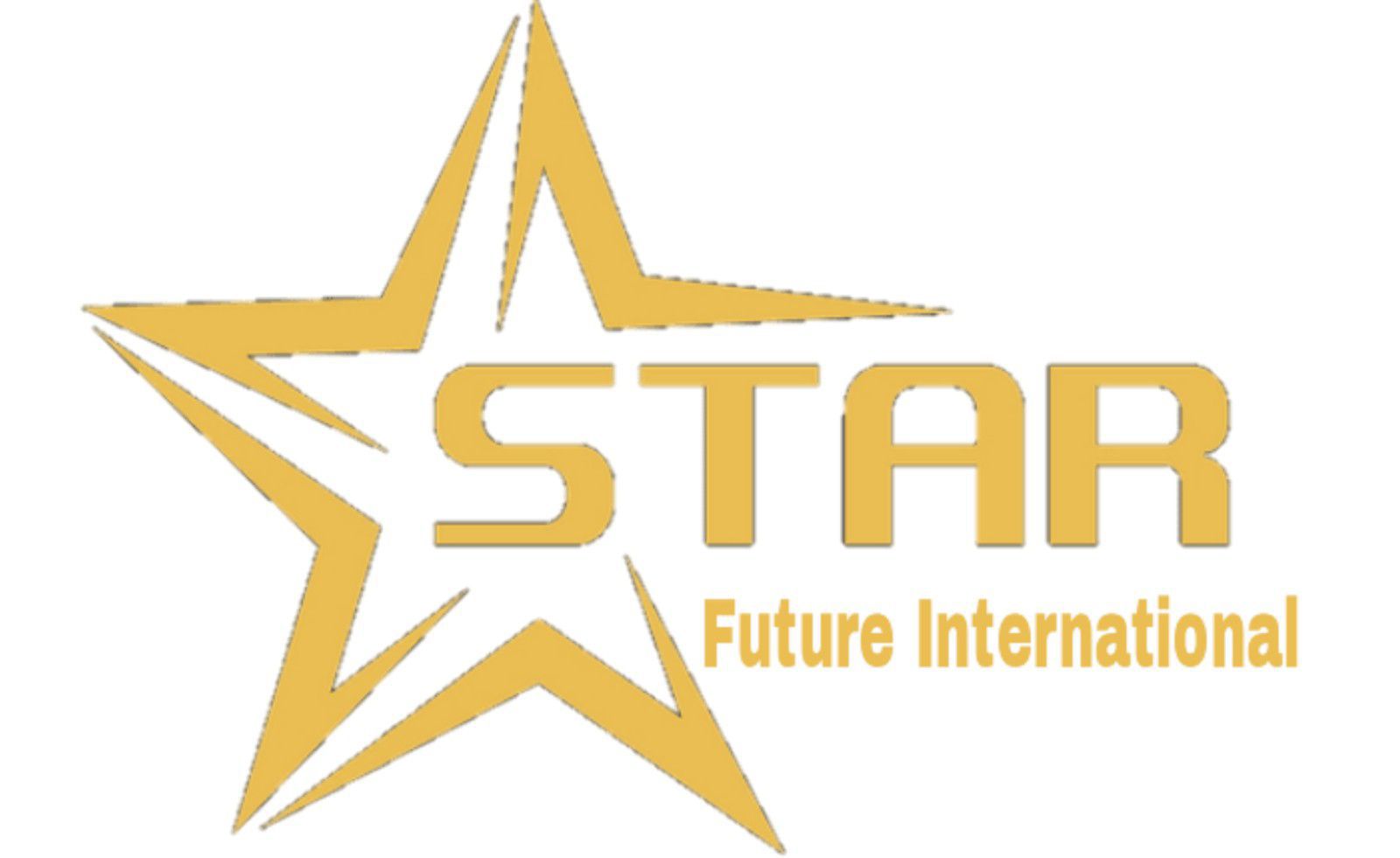Step Up to Quality: Get ISO Certified with Star Future How ISO Certification helps your business
- Implementing standards of ISO reduces loss occurring in your business.
- ISO certifications are important when applying for government and private tenders.
- It sets up preventive actions in your work and helps in decreasing various unknown non-conformities.
- It is accepted worldwide and followed by small as well as large-scale companies.
- ISO 9001 certificate positively affects the social and corporate reputation of your company and boosts your trustworthiness among your customers, clients, and business associates.
- ISO Certifications help you gain the trust of your local as well as overseas investors by meeting international quality market value.
What is ISO?
- ISO stands for International Organization for Standardization. It is an international body that works autonomously for setting and promoting industrial & commercial standards throughout the world.
- ISO was established on 23 February 1947, with the motive to promote worldwide proprietary, industrial and commercial standards.
- The headquarters of ISO are in Geneva, Switzerland.
The types of ISO certificates can be listed as follows:
The most common standard relates to the implementation of quality specification in all operations and activities to increase the ability of the organization to provide high quality services and products, Many major companies require ISO 9001 to register suppliers as a prerequisite requirement for supplier acceptance, Many countries also require ISO 9001 to accept exports.
Related to the application of environmental compliance standards within the organization to ensure control of all sources of risk and pollution and to ensure that the institution does not affect the internal and external environment and help the institution to analyze the environmental aspects and the effects of them and develop the necessary programs to remove sources of risk
Related to the application of food safety standards, hassb, risk analysis and control points in order to ensure the safety of food and its free from pathogens and pollution and to raise the ability of the institution to provide safe food and be applied to all institutions within the food chain
Related to the application of occupational safety and health requirements to control the risks in the institution that may threaten the safety of workers and buildings and their surroundings, preparedness and response to emergencies and how to behave properly and orderly in the event of an emergency
Related to the application of occupational safety and health requirements and was issued by the British Institute of Specifications BSI and after the issuance of ISO 45001
the BSI canceled OHSAS 18001 and complied with ISO 45001
Related to the implementation of energy management and rationalization requirements and the development of mechanisms and programs that help to save energy and measure the success of these programs and follow up their implementation and commitment to them
Concerning the requirements of the security and confidentiality of the information and keeping it from being lost or damaged or hacked and is taken care of by all sectors that have sensitive data and are afraid of the waste and want to prove to their customers that their statement is safe and protected
Related to the application of quality requirements in the manufacture of medical devices and supplies, which are used in the medical field to ensure compliance with the requirements and legal legislation and to ensure that the devices and supplies are free of the causes of infection
Related to the application of the requirements of continuity of the works to prepare the institution to establish, apply and maintain a system of business continuity that helps it to prepare and respond to emergencies and respond to them and develop recovery plans to get out of crises and disasters quickly
Related to the application of the requirements of the system of management, identification and analysis of risks and the development of plans and procedures to deal with those risks
Related to the implementation of the requirements of the management of educational organizations and educational service providers and how to manage the system in an integrated way that helps to increase the quality of the service provided and good resource management
Related to the application of customer satisfaction management requirements and complaints and how to deal with them from the beginning of receipt until their
resolution and the development of the relevant procedures and instructions to improve customer satisfaction and reduce customer complaints
related to the application of international standards on social responsibility in order to contribute to global sustainable development, By encouraging entrepreneurs and other institutions to exercise social responsibility to improve their impact on their workers, and their natural environments and communities
Related to the application of social responsibility requirements to encourage enterprises to develop, maintain and apply socially acceptable practices in the workplace
Related to applying the requirements of quality management in projects and how to control projects and control their outputs and manage them optimally
Related to the application of ISO 9001 specification for quality management system in government departments and the development of the best method for its application in those entities

